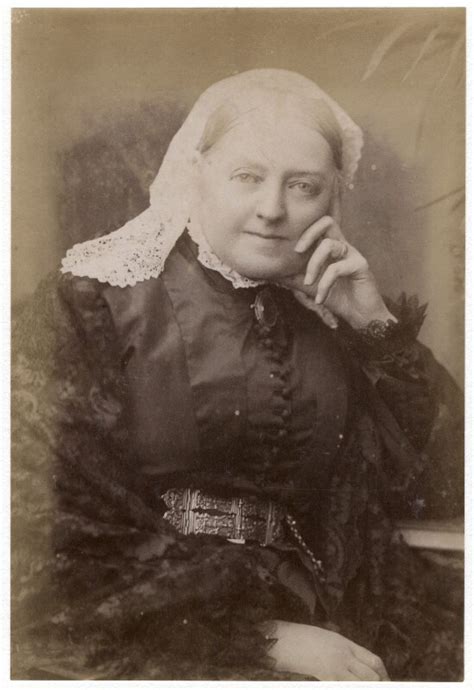A Quote by Friedrich Nietzsche
If you have an enemy, do not requite him evil with good, for that would put him to shame. Rather prove that he did you some good.
Related Quotes
When, however, you have an enemy, then do not requite him good for evil: for that would shame him. Instead, prove that he did some good for you. And rather be angry than put to shame! And when you are cursed, I do not like it that you want to bless. Rather curse a little also! And if you are done a great injustice, then quickly add five small ones. Hideous to behold is he who is obsessed with an injustice.
I have learned a new form of service from the wars of Frederick, king of Prussia. It is not necessary to approach the enemy in order to attack him. In fleeing from him, it is possible to circumvent him as he advances and fall on him from the rear and force him to surrender. What is needed is not to strike straight at evil but to withdraw to the sources of divine power, and from there to circle around evil, bend it and transform it into its opposite.
When you want to direct someone toward the good, first put him at peace bodily and honor him with words of love. For nothing inclines such a man to shame and induces him to cast of his vice and be changed for the better as do bodily goods and honor, which he sees in you. Then, with love tell him a word or two, and do not be inflamed with anger toward him. Do not let him see any cause of enmity toward you. For love does not know how to lose its temper.
In the story of the Creation we read: ". . . And behold, it was very good." But, in the passage where Moses reproves Israel, the verse says: "See, I have set before thee this day life and good, and death and evil." Where did the evil come from? Evil too is good. It is the lowest rung of perfect goodness. If you do good deeds, even evil will become good; but if you sin, evil will really become evil.
Do your neighbour good by all means in your power, moral as well as physical - by kindness, by patience, by unflinching resistance against every outward evil - by the silent preaching of your own contrary life. But if the only good you can do him is by talking at him, or about him - nay, even to him, if it be in a self-satisfied, super-virtuous style - such as I earnestly hope the present writer is not doing - you had much better leave him alone.
If the enemy is to be coerced, you must put him in a situation that is even more unpleasant than the sacrifice you call on him to make. The hardships of the situation must not be merely transient - at least not in appearance. Otherwise, the enemy would not give in, but would wait for things to improve.
How much reverence has a noble man for his enemies!--and such reverence is a bridge to love.--For he desires his enemy for himself, as his mark of distinction; he can endure no other enemy than one in whom there is nothing to despise and very much to honor! In contrast to this, picture "the enemy" as the man of ressentiment conceives him--and here precisely is his deed, his creation: he has conceived "the evil enemy," "the Evil One," and this in fact is his basic concept, from which he then evolves, as an afterthought and pendant, a "good one"--himself!
The Rum Tum Tugger is a Curious Cat: If you offer him pheasant he would rather have grouse. If you put him in a house he would much prefer a flat, If you put him in a flat then he'd rather have a house. If you set him on a mouse then he only wants a rat, If you set him on a rat then he'd rather chase a mouse. Yes the Rum Tum Tugger is a Curious Cat - And there isn't any call for me to shout it: For he will do As he do do And there's no doing anything about it!
A good laugh is a mighty good thing, and rather too scarce a good thing; the more's the pity. So, if any one man, in his own proper person, afford stuff for a good joke to anybody, let him not be backward, but let him cheerfully allow himself to spend and be spent in that way. And the man that has anything bountifully laughable about him, be sure there is more in that man than you perhaps think for.






































